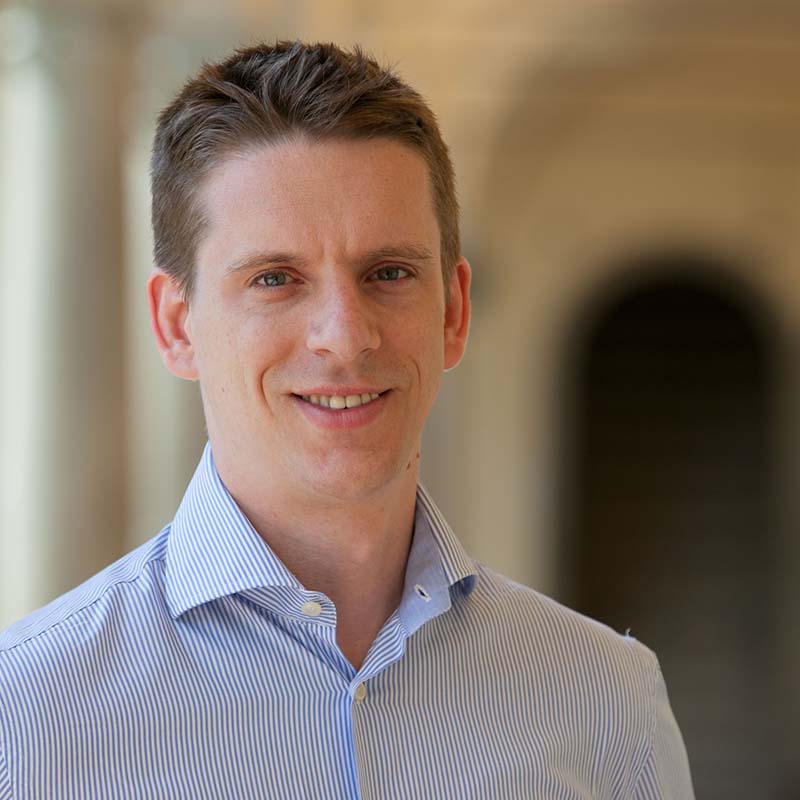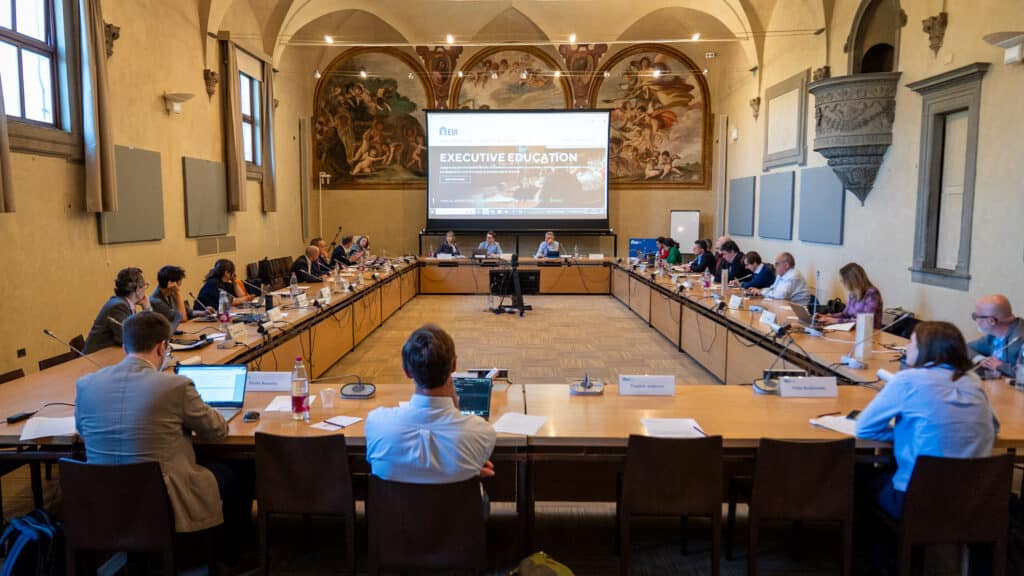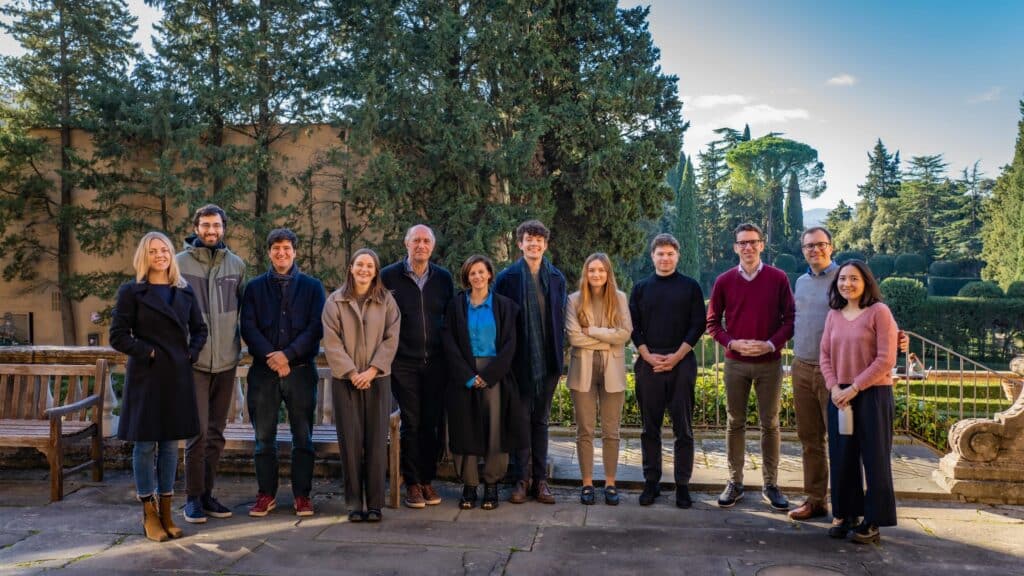Farewell to fit and forget
Distribution grids were referred to as a boring business. “Fit and forget” was the motto. Investments were made to avoid congestion under all circumstances. Imagine a road infrastructure without traffic jams: reliable and convenient, but more expensive and less exciting to navigate..
The motto is now changing as massive investments are needed in distribution grids to accommodate electric vehicles, heat pumps, rooftop-PV, and small-scale wind turbines. However, these investments risk to be stranded, if distributed electricity storage takes off. Most agree that we should at least avoid some of these investments by moving away from “fit and forget” and towards “active distribution grid congestion management”.
The EU clean energy proposals recognize the implied new role for Distribution System Operators (DSOs) in moving towards this new motto and call on EU member states to adapt their regulatory frameworks to make it possible.
Hello to the distributed energy resource bonanza
The distributed energy resources of the future, such as prosumers, electric vehicles, heat pumps and distributed electricity storage, are part of the challenge, but they are also part of the solution. They already provide services to Transmission System Operators (TSOs) in some countries to help them balance the system or to manage congestion in transmission grids. They can also provide services to DSOs to help them manage congestion in distribution grids.
As a result, DSOs are concerned that TSOs will use resources connected to their grids, which can cause congestion in their distribution grids; and TSOs are concerned that DSOs will use resources to solve distribution grid constraints, which can interfere with their responsibility to keep the system balanced. Last but not least, both are concerned that they will be competing for the same resources.
EU or national approach?
To what extent we will see a common approach across Europe remains to be seen. The temptation is to say local problems are best solved locally, but at the same time we have an opportunity to define a common ground before developing a national approach.
TSO cooperation has been institutionalized by the third EU liberalization package with the creation of the European Network of Transmission System Operators for electricity (ENTSO-E). Network codes have then been developed by the European Commission, ACER, and ENTSO-E for many issues, including system balancing and congestion management.
The EU clean energy package (or fourth EU liberalization package) proposes to do something similar for DSO cooperation and coordination between TSO and DSO. The creation of an EU body of DSOs is foreseen, and additional network codes will be developed to treat the issues that we are discussing in this blog post. Note that the existing network codes have already started to address these issues.






